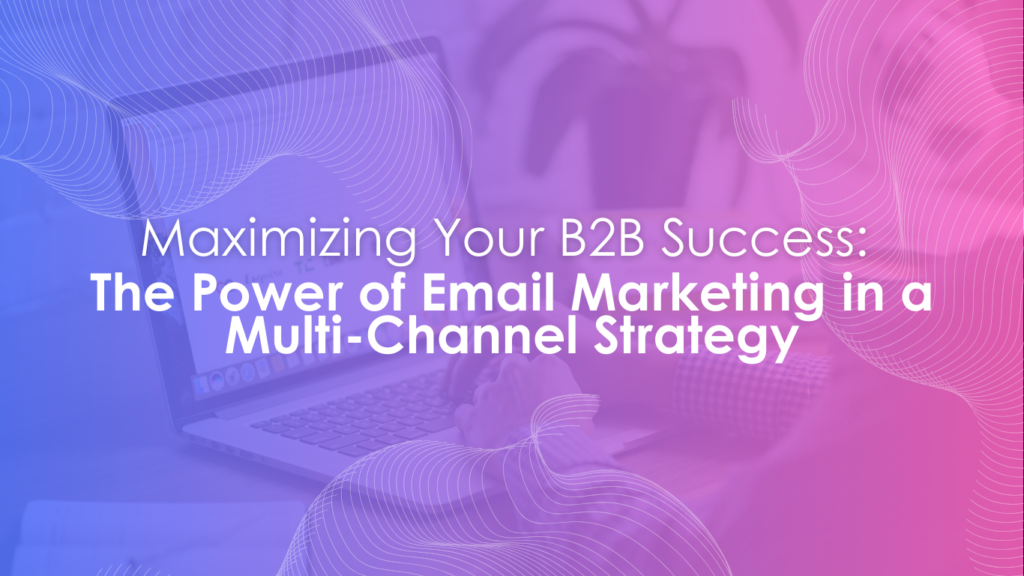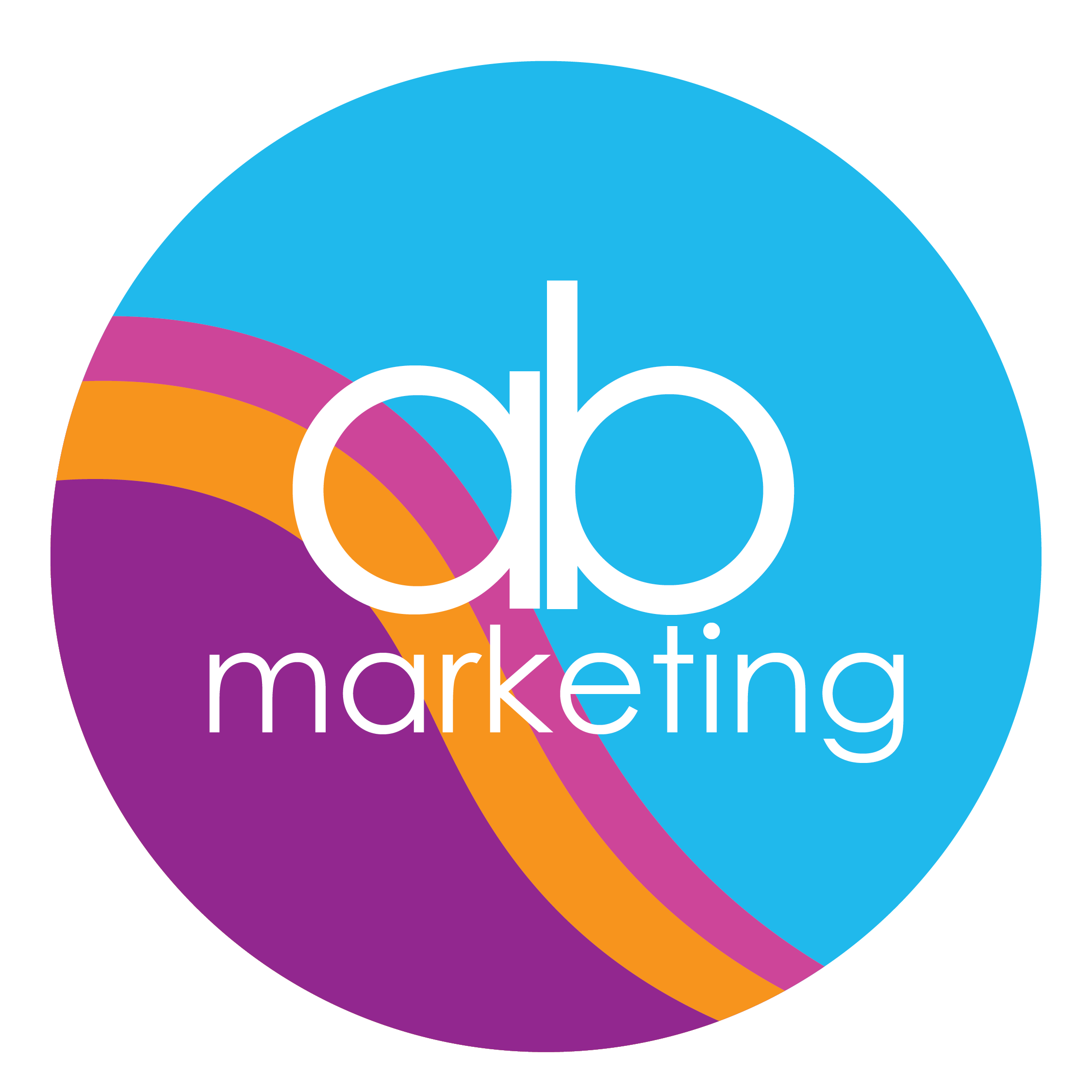
B2B businesses face a challenging but rewarding opportunity to engage their audience across multiple platforms. While many channels—social media, search, and display ads—are crucial components of an omnichannel strategy, email marketing continues to be one of the most powerful tools in the B2B marketer’s toolkit. But why is it so important to integrate email with your multi-channel approach? Let’s break it down.
Why Email Marketing is a Must for B2B
Email marketing, unlike other channels, provides a direct line to your audience’s inbox—where B2B decision-makers spend a significant amount of time. It’s a permission-based, personalized platform that allows you to speak directly to prospects and clients who have already expressed interest in your business. Here’s why email marketing is especially valuable for B2B:
- Personalization at Scale: With the right strategy, emails can be tailored to different segments of your audience. Personalized subject lines, content, and calls-to-action drive higher engagement and conversion rates.
- Longer Decision Cycles: B2B businesses often have a more extended buying cycle than B2C, which makes nurturing leads over time essential. Regularly engaging through email helps maintain relationships and keeps your brand top-of-mind throughout the decision-making process.
- Cost Efficiency: Compared to other channels like paid ads, email marketing is relatively low-cost but offers a high return on investment (ROI). According to recent studies, email can generate a high ROI.
The Role of Email in a Multi-Channel Approach
While email marketing is powerful on its own, it becomes even more effective when integrated into a multi-channel strategy. No single channel can win your audience over on its own—especially in B2B, where decision-makers prefer to research products and services across different platforms before committing.
Here’s how email fits into a broader strategy:
- Reinforcing Brand Messaging: When your emails reflect the same message and design as your social media ads, blog posts, and other content, it creates a consistent brand experience. This cohesion builds trust with your audience and strengthens your brand presence.
- Nurturing Leads Across Touchpoints: Multi-channel marketing ensures you’re meeting your potential clients wherever they are in their journey. While they may engage with your content on LinkedIn or download an eBook from your website, email can then follow up with relevant information, nurturing them through the funnel.
- Data-Driven Insights: Each channel provides valuable insights into your audience’s behaviors. By analyzing email metrics alongside social media engagement, website traffic, and CRM data, you can refine your strategy to deliver the right message at the right time through the right channel.
Creating Seamless Customer Journeys: A well-executed multi-channel approach ensures that every touchpoint works together harmoniously. For instance, a prospect might first encounter your brand through a LinkedIn post, subscribe to your newsletter, and eventually receive an email with a personalized offer that leads to a conversion. This fluid journey is what makes omnichannel strategies so effective.
Best Practices for Integrating Email in Your Multi-Channel Strategy
- Segment Your Audience: Every B2B audience is unique, so personalization is key. Segment your email lists based on industry, job role, engagement level, and specific pain points to create highly targeted campaigns.
- Automate Lead Nurturing: Automation tools allow you to send timely, relevant emails without the manual effort. By setting up trigger-based emails (such as welcome sequences or follow-ups based on site behavior), you can nurture leads with minimal intervention.
- Leverage Cross-Channel Data: Use insights from your email campaigns to inform your other channels and vice versa. For instance, if you notice certain topics perform well in emails, feature them in social ads or webinars to engage your audience further.
- Track and Optimize: Continuously analyze your email campaign results in the context of your entire marketing strategy. Look for patterns across different channels and adjust your messaging or timing to improve overall performance.
Email marketing, when combined with a multi-channel approach, can become the glue that holds your B2B marketing strategy together. By delivering personalized, relevant messages through the inbox while reinforcing your brand across other platforms, you create a seamless experience that nurtures leads and drives conversions.
The key to success in B2B marketing today is not just being present across channels, but ensuring each one works in tandem to guide prospects through their decision-making journey. And with email’s proven effectiveness, it remains a critical piece of that puzzle.
At AB Marketing, we specialize in creating integrated, multi-channel marketing strategies that harness the power of email to drive growth. Ready to elevate your email marketing game? Let’s get started!
